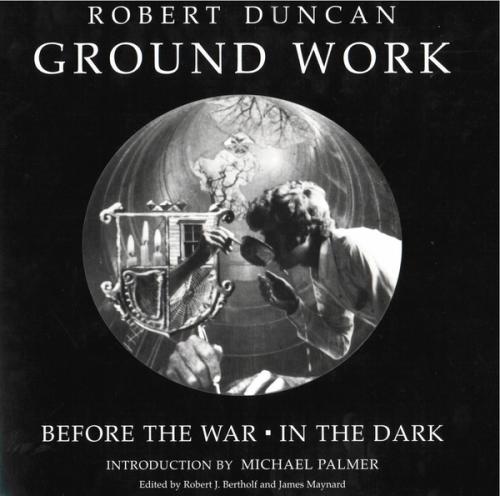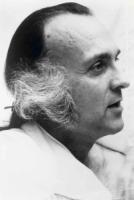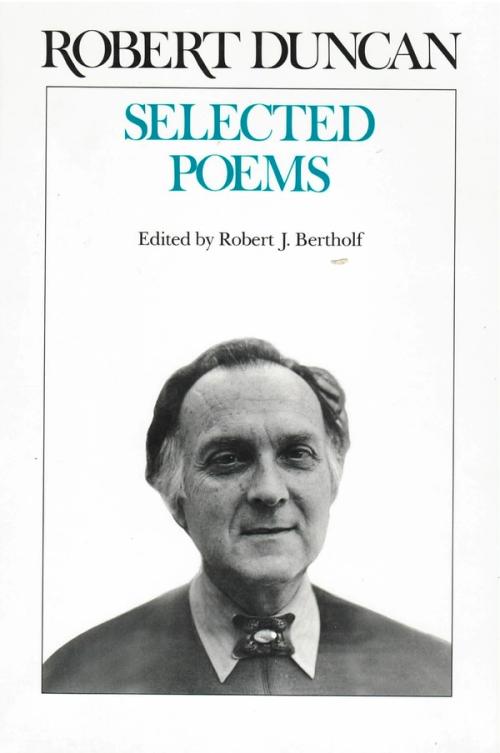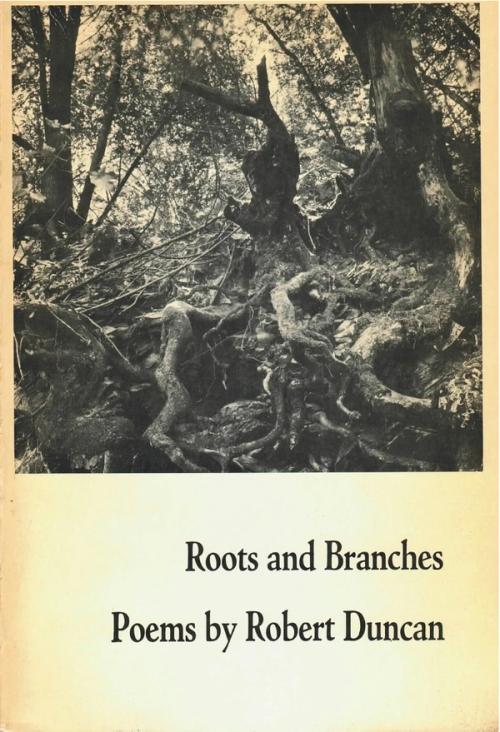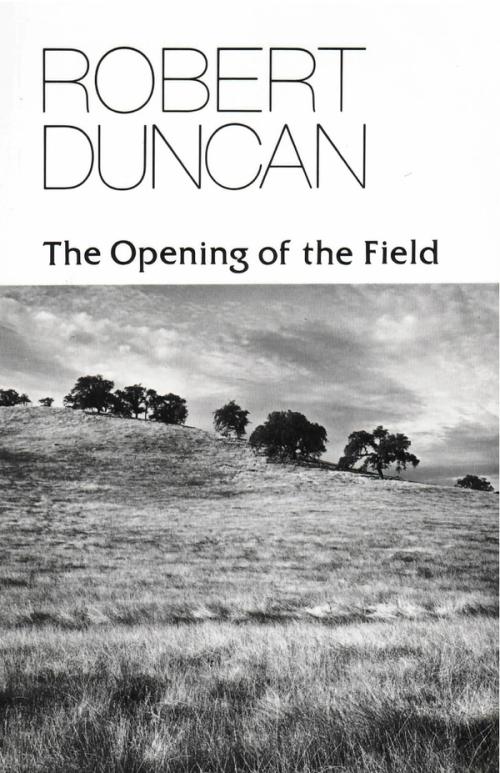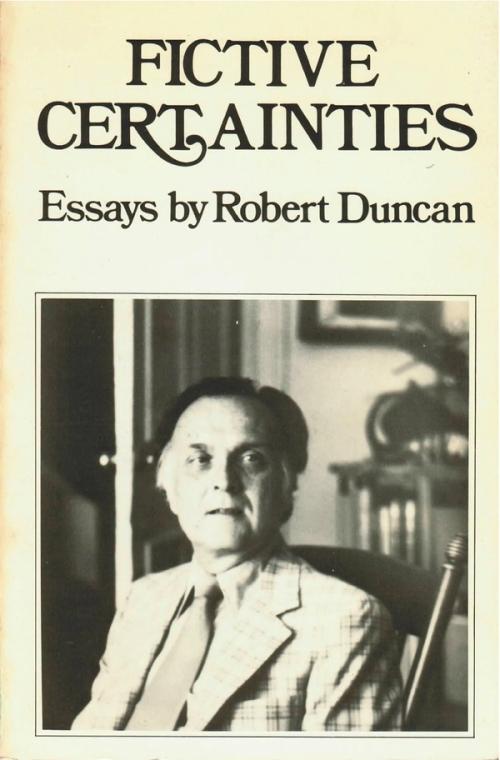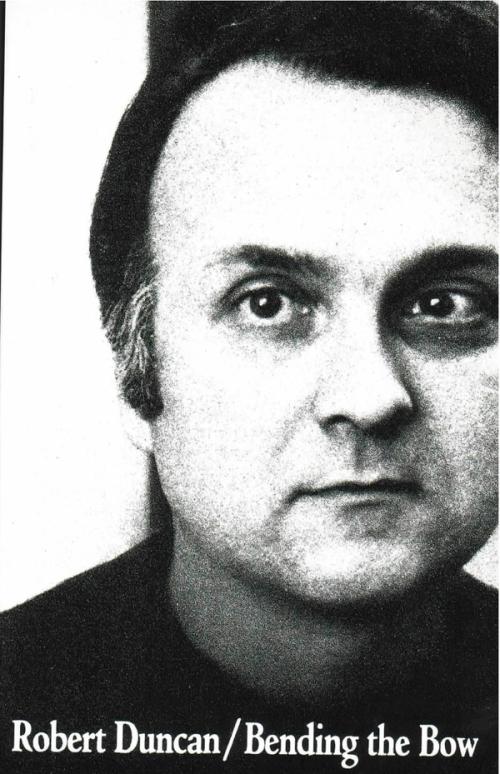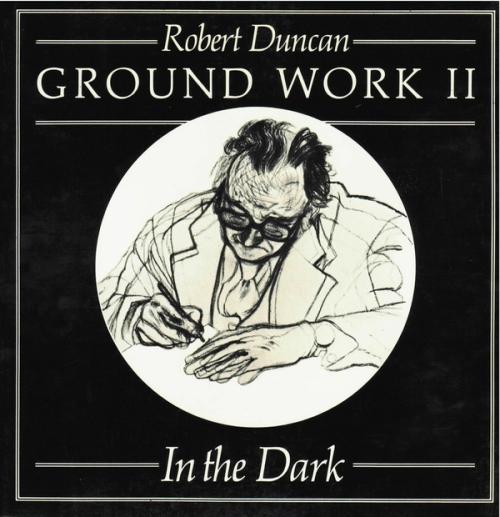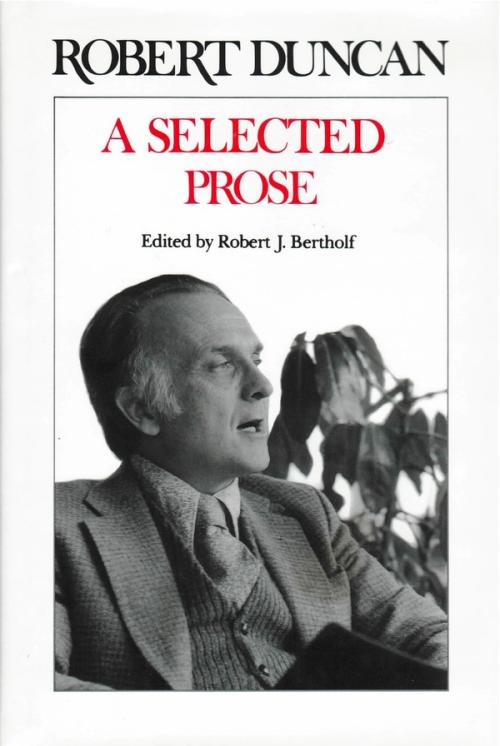Ground Work
Poetry by Robert Duncan
With a contribution by Michael Palmer
Robert Duncan has been widely venerated as one of America’s most essential poets: Allen Ginsberg described his poetry as “rapturous wonderings of inspiration,” Gwendolyn Brooks called it “a subtle spice,” and Susan Howe pointed to Duncan as “my precursor father,” Lawrence Ferlinghetti said he “had the finest ear this side of Dante,” and Robert Creeley called him “the magister, the singular Master of the Dance.” Now Duncan’s magnum opus, Groundwork, is available in one groundbreaking edition. The first volume, Groundwork I: Before the War, was published in 1984, after a fifteen-year publishing silence, and received immediate acclaim: it was nominated for a National Book Critics Circle Award and won the first National Poetry Award for Duncan’s “lifetime devotion to the art of poetry and his grand achievement….” The second volume, Groundwork II: In the Dark, was published in February 1988, the month of Duncan’s death. The internationally renowned poet Michael Palmer has written a marvelous introduction for this new edition, where “the singlemindedness of [Duncan’s] life’s work shows itself in the confident energy of every line” (The Village Voice Literary Supplement).
Paperback(published Apr, 01 2006)
- ISBN
- 9780811216531
- Price US
- 24.95
- Price CN
- 26
- Page Count
- 288
